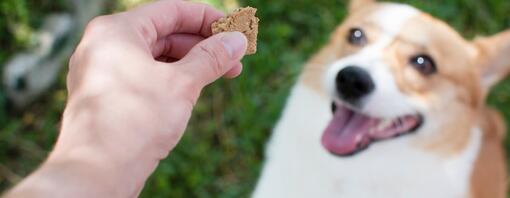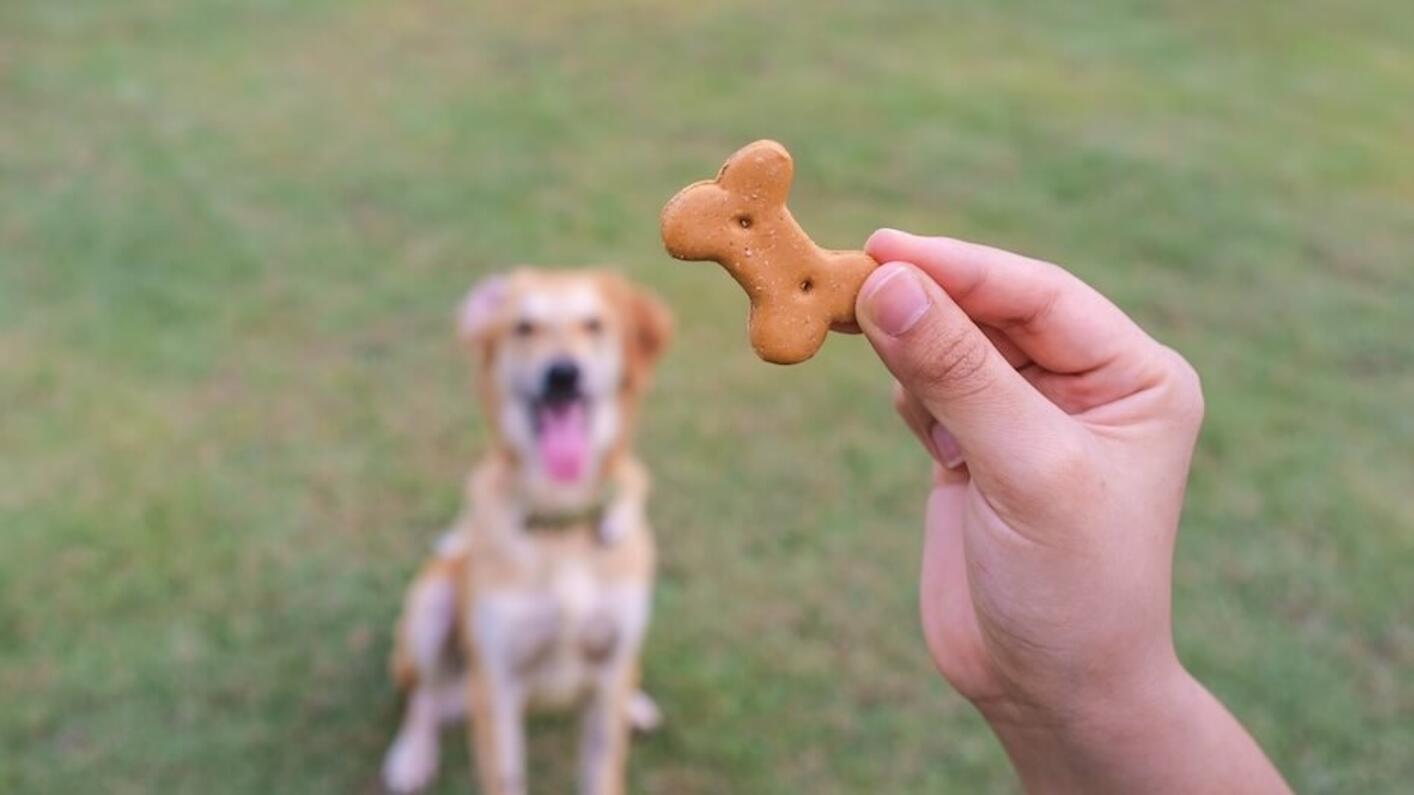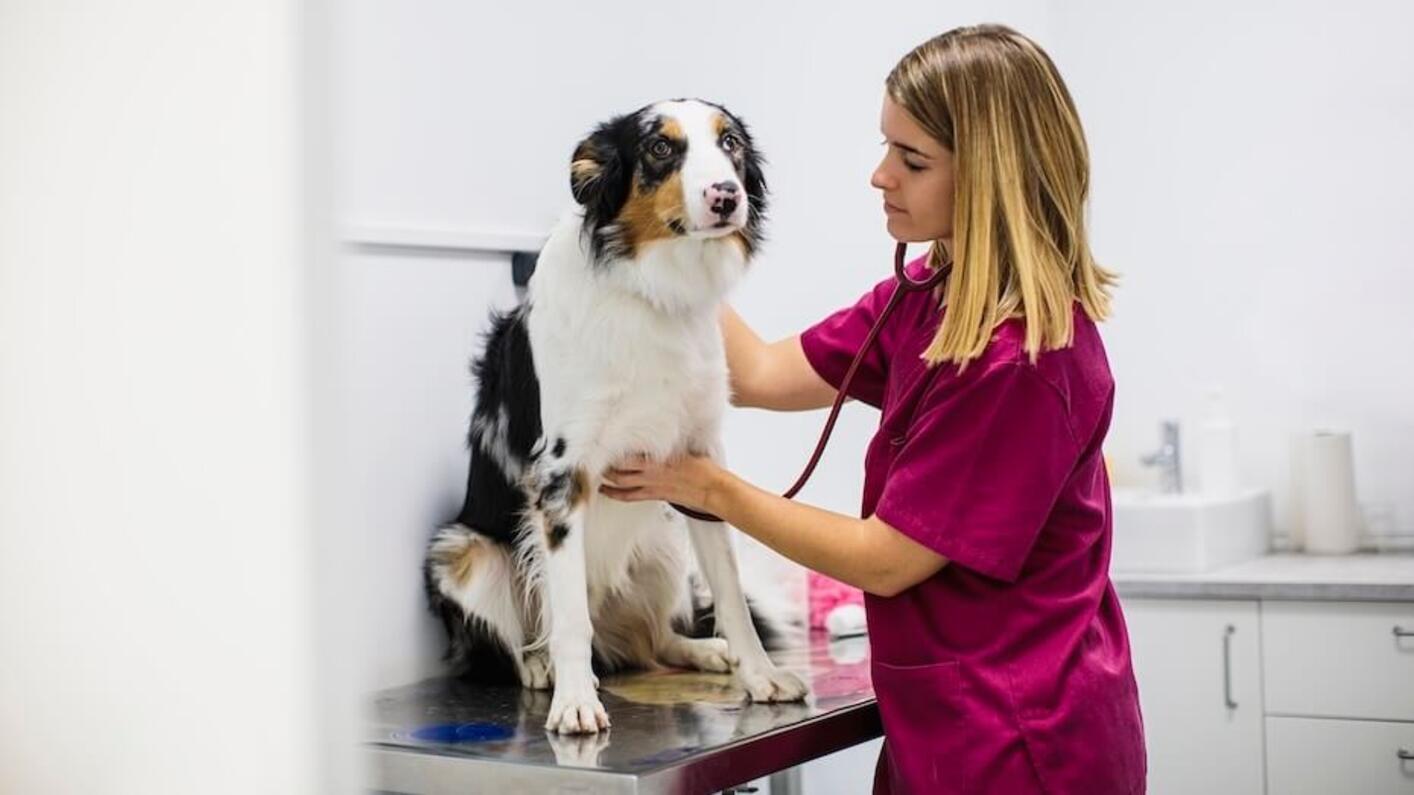
Digestive biscuits are a beloved treat for many, but can our canine companions safely eat digestive biscuits too? As conscientious pet owners, it's crucial to know which foods are safe for our dogs so let’s find out if digestive biscuits are suitable for dogs and see what other healthier alternatives are there to keep our furry friends happy and healthy.

Are digestive biscuits safe for dogs?
While digestive biscuits are not inherently toxic to dogs, they are not the best snack choice for our companions. These biscuits often contain ingredients that could be harmful to dogs if consumed in large amounts or frequently. It's important for pet owners to be aware of these potential risks.
One major ingredient to be cautious of is chocolate. Some digestive biscuits are either coated with chocolate or contain chocolate chips, which can be toxic to dogs.
Sugar is another ingredient to consider. Digestive biscuits typically have a high sugar content, which can contribute to obesity, dental problems, and other health issues in dogs. Excessive sugar intake can also cause stomach upset, leading to discomfort and digestive problems for your pet.
If your dog consumes digestive biscuits, it's essential to monitor them for any signs of distress or adverse reactions. Common symptoms include vomiting, diarrhoea, lethargy, increased thirst, and excessive panting. Should you notice any of these signs, it's advisable to consult your veterinarian for further guidance.
Dogs have different nutritional needs compared to humans, and their digestive systems may not handle certain ingredients as well. Instead of sharing your digestive biscuits, consider offering your dog specially formulated treats that are safe and nutritionally appropriate. Your veterinarian can help you find suitable alternatives that will keep your dog both happy and healthy.

What type of biscuits can dogs eat?
Choosing dog-specific treats over human food is essential for their overall well-being so it’s best to opt for biscuits especially crafted for dogs. While it might be tempting to share your digestive biscuits with your furry friend, it's important to remember that their nutritional needs differ from ours. Dog treats are specifically designed to provide the right balance of nutrients and are free from ingredients that may be harmful to them.
Healthier alternatives to digestive biscuits for dogs
Digestive biscuits might be a popular choice for humans, but they may not be the best option for your canine companion. Fortunately, there are plenty of healthier alternatives that will still get their tails wagging!
If you prefer to make your own dog treats, know that you can easily prepare treats using ingredients that are safe and healthy for dogs, such as pumpkin or carrots. Not only will your dog appreciate the homemade goodness, but you'll also have peace of mind knowing exactly what's in their treats.
What to do if your dog eats digestive biscuits
If your dog has managed to get hold of some digestive biscuits, it's important to take immediate steps to ensure their safety and well-being. The first thing you should do is assess the situation. Check the packaging of the digestive biscuits to see if they contain any ingredients that may be harmful to dogs.
If your dog has only eaten a small amount of digestive biscuits, they will likely be fine. However, if your dog has eaten a large quantity, you should monitor them closely for any signs of discomfort or distress. Common symptoms to look out for include vomiting, diarrhoea, abdominal pain, lethargy or excessive thirst. If your dog exhibits any of these symptoms or if you are unsure about the quantity they consumed, it is best to consult a veterinarian.
A veterinarian will be able to provide you with professional advice tailored to your dog's specific situation. They may recommend inducing vomiting or conducting further tests to ensure your dog's health and safety. It's always better to be safe than sorry when it comes to your furry friend's well-being.
To prevent similar incidents in the future, it's important to take preventive measures. Keep all human food, including digestive biscuits, out of your dog's reach. Store them in secure containers or on high shelves where your dog cannot access them.
Now that you know the answer to the question ‘Can dogs eat digestive biscuits?’, find out if your dog can have a little bit of your morning toast by reading the article Can Dogs Eat Bread, next.


